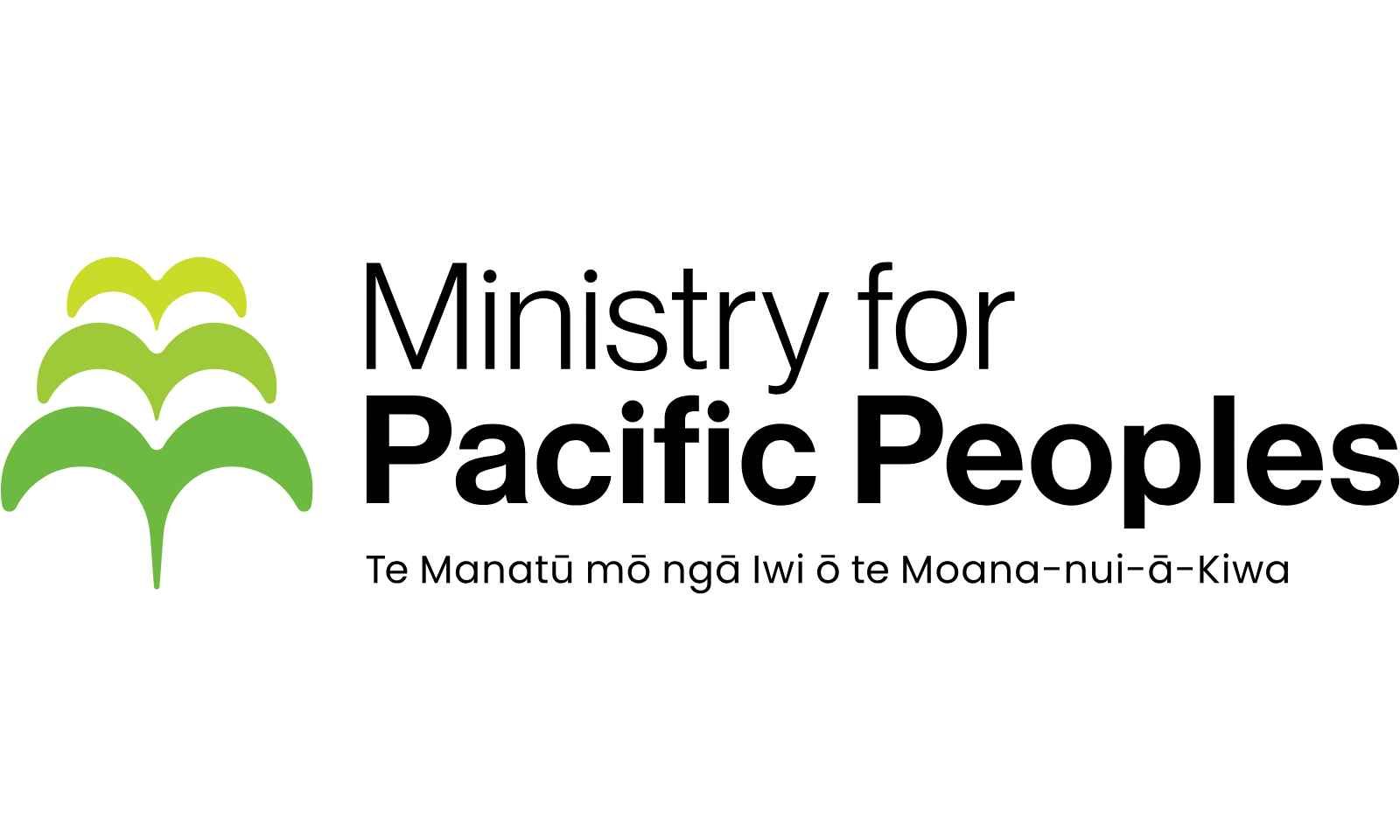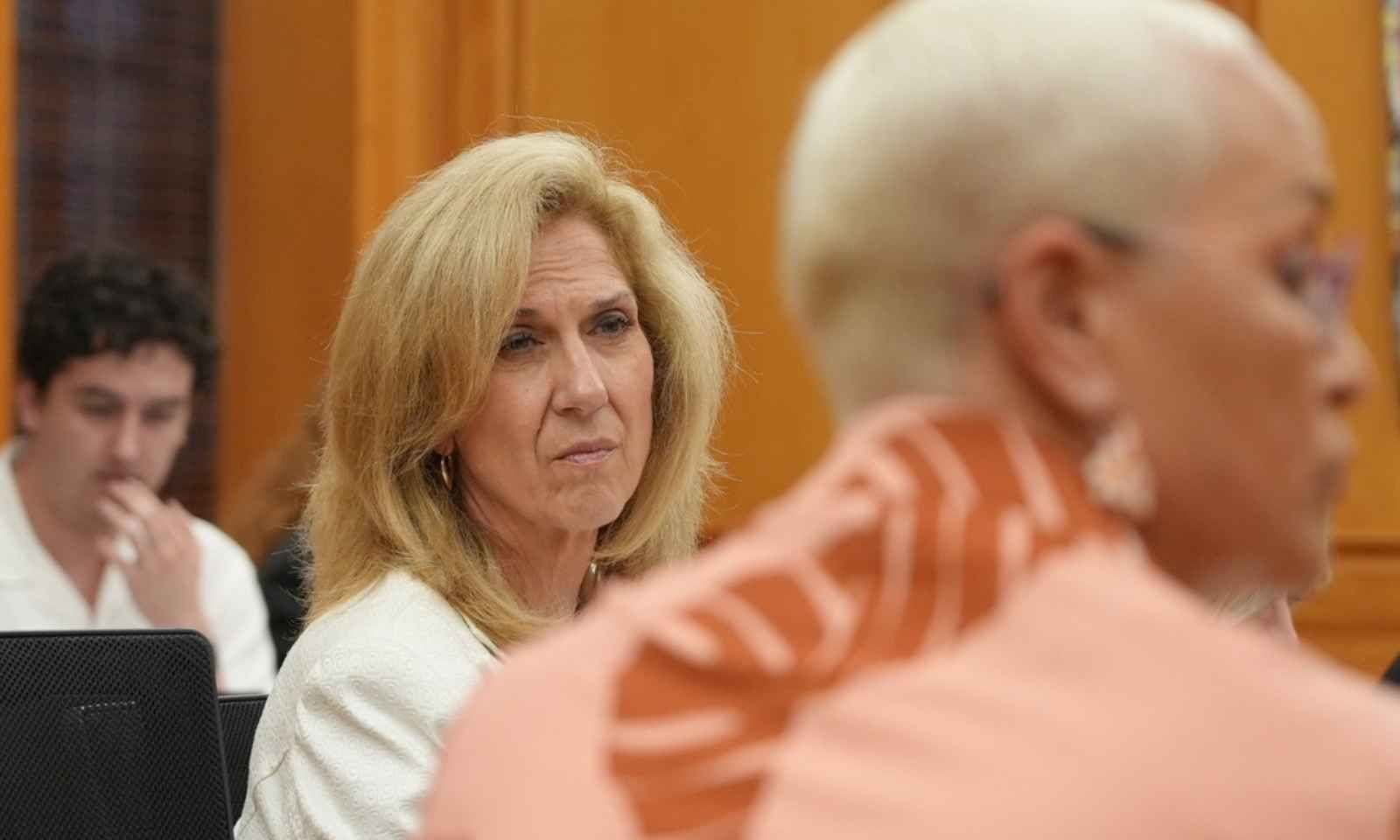

From left, Florence Malama, Dr Corina Grey, Gerardine Clifford-Lidstone, and Danilo Coelho de Almeida.
Photo/Parliament NZ
'Sometimes, our work is largely seen as invisible’
Ministry for Pacific Peoples defends its performance amid a reduction in staff over the past year.



Realm relations in focus as Tokelau-NZ marks 100-year history

The Sāmoan Tenor named Pati who turned disadvantage into an operatic destiny

Argentina eyes Pacific Islands Forum dialogue partnership as NZ says nations must decide


Naval officers face charges over sinking of HMNZS Manawanui

Realm relations in focus as Tokelau-NZ marks 100-year history

The Sāmoan Tenor named Pati who turned disadvantage into an operatic destiny

Argentina eyes Pacific Islands Forum dialogue partnership as NZ says nations must decide
Independent assessments have revealed a 40 per cent decrease in the quality of policy advice provided by the Ministry for Pacific Peoples (MPP).
However, MPP has defended its performance, citing a 35 per cent reduction in staff over the past year.
The assessments found that only 10 per cent of the ministry’s policy papers received a score of four out of five, a significant decline from 56 per cent last year.
Dr Corina Grey, MPP’s Deputy Secretary for Policy and Insights, explained that only 10 papers were evaluated, with one scoring four and the others rating three or higher, which is considered good quality.
“I think it's also really important to note that this is the first year since 2021 that we've had an independent policy quality assessment. The previous year was a self-rated assessment,” she said.
“So I wouldn't kind of read too much into a drop in the policy system because they're different.”

Pacific people have the youngest ethnic group nearly 13 years younger than the total population. Photo/MPP
Grey stressed the importance of independent assessments over self-evaluations, as they provide a perspective from those outside of the organisation.
She also noted that self-evaluation often results in a more favourable performance rate.
MPP Chief Executive Gerardine Clifford-Lidstone highlighted the challenges of finding experienced and qualified Pacific policy advisers.
“The drop in staff or the reduction in staff mainly came from functions that support the business. Very little came from the policy team,” Clifford-Lidstone said.
Earlier this year, the ministry laid off 57 positions as part of the Government’s cost-cutting measures, resulting in 21 staff members losing their jobs and 36 vacant roles being disestablished.
There are concerns that further staff reductions may occur in the next six months to save costs.
Despite the staffing challenges, MPP has successfully maintained most of its community programmes.
For instance, the Pacific Healthy Homes programme has supported over 900 families, and the Pacific Languages Community Fund received 216 applications this year.

Scrutiny of the executive (government) is one of Parliament's core roles. Photo/NZ Parliament Facebook
Programmes that were cut
Pacific Financial Capability programme: Originally time-limited but reprioritised for an additional year.
Pacific Peoples Building Affordable Homes programme: Funding ceased in June 2023.
Programmes that were maintained or extended
Pacific Healthy Homes programme: Delivered over 900 housing interventions targeting housing-related health issues.
Pacific Languages Community Fund: Preserved with a reconfigured approach, receiving 216 applications this year.
Moana Reo Fund: A new initiative supporting Pacific language media products and career development.
Tupu Aotearoa programme: Helped 2900 Pacific people in achieving sustainable employment or training opportunities.
Centre for Pacific Languages: Secured a three-year contract for stability.
STEM Employment Initiatives: Programmes like the Toloa Community Fund increased Pacific student participation in STEM fields, achieving an impressive 88 per cent pass rate, exceeding the national median.
Business Development: Investments in 47 Pacific businesses created 149 jobs, with support for scaling operations and accessing high-value contracts.
Watch the scrutiny session here which beings at 1:02:40.
Clifford-Lidstone acknowledged that the ministry’s work often goes underappreciated compared to other government entities.
She also said that efforts were underway to re-evaluate the information the ministry collected to report on organisational performance.
This follows issues with the software used for usual approvals, however, auditors recognise them for their strong systems, controls, and financial management.
“Sometimes our work is largely seen as invisible,” Clifford-Lidstone said.
“And I'll take the Restoring Citizenship [bill], the cross-agency work that we did there.
“We put information out to communities to support the community mobilisation, so providing advice to the committee.
“But when the [Pacific] community came in here, this [Parliament] is a foreign place to them.
“You wouldn't know that our staff are helping facilitate that process to get people in, to get them through security.
“It may seem minor, but the amount of time that it takes to make our community feel comfortable in spaces where they aren't traditionally comfortable is what we're expert in.”